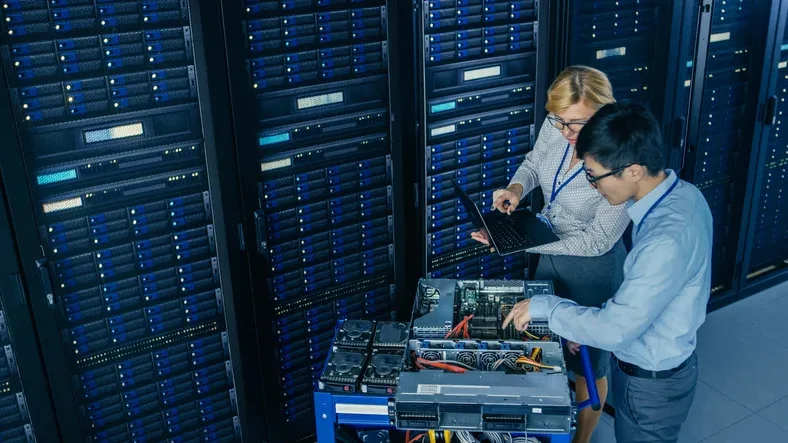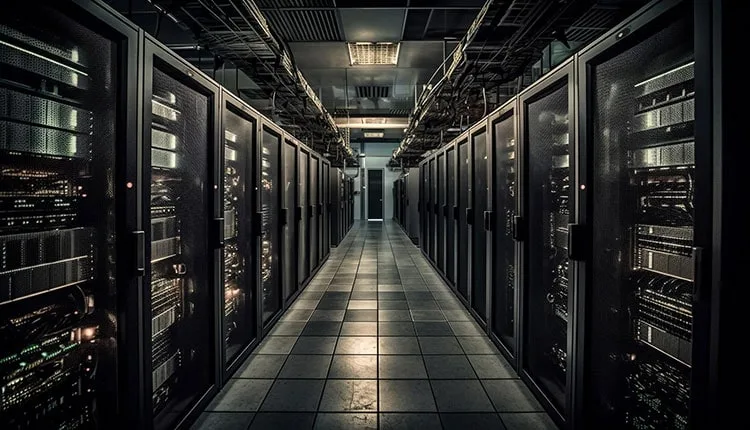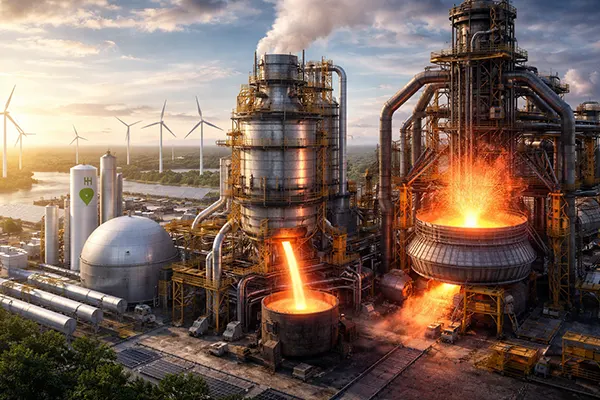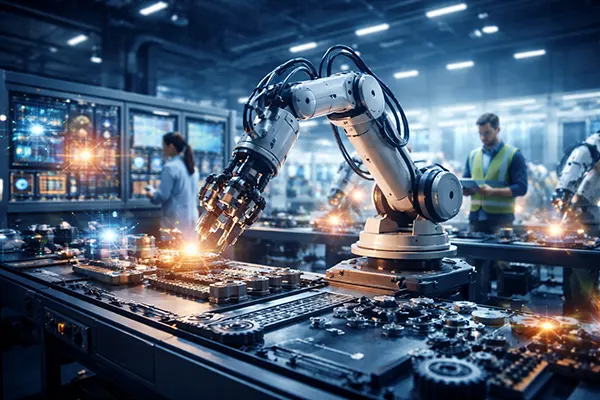
Cutting-Edge Data Center Technologies for the Future
As data consumption continues to grow exponentially, data center technology has evolved to meet the increasing demand for faster, more efficient, and reliable data processing and storage solutions. This article provides a comprehensive review of the latest advancements in data center technology, focusing on the key trends and innovations shaping the future of this critical infrastructure.
Emerging Trends in Data Center Design
The design and architecture of data centers have undergone significant changes in recent years. One of the most notable trends is the shift towards modular and scalable designs. Modular data centers offer the flexibility to expand infrastructure quickly and cost-effectively, accommodating the rapid growth in data processing needs.
Another significant trend is the integration of edge computing. By decentralizing data processing closer to the source, edge computing reduces latency and enhances the performance of applications that require real-time data processing. This approach is particularly beneficial for industries such as autonomous vehicles, healthcare, and smart cities.
Energy Efficiency and Sustainability
Energy consumption remains a major concern for data centers, prompting a strong focus on sustainability and energy efficiency. Innovations in cooling technologies, such as liquid cooling and free-air cooling, are helping to reduce energy usage. These methods are more efficient than traditional air conditioning systems, significantly lowering the operational costs and environmental impact of data centers.
Furthermore, renewable energy sources, such as solar and wind power, are being increasingly utilized to power data centers. Companies are also investing in energy storage solutions to ensure a reliable power supply and reduce dependence on non-renewable energy sources. The use of energy-efficient hardware and optimization of data center operations through advanced software solutions are additional strategies being employed to enhance sustainability.
Security and Data Protection
As data breaches and cyber threats continue to escalate, ensuring robust security and data protection has become a top priority for data centers. Advanced security measures, including multi-factor authentication, encryption, and intrusion detection systems, are being implemented to safeguard sensitive information.
Data centers are also adopting zero-trust security models, which require continuous verification of all devices and users attempting to access the network. This approach minimizes the risk of unauthorized access and enhances overall data security. Additionally, regular security audits and compliance with industry standards, such as ISO/IEC 27001, are critical for maintaining a secure data center environment.
Artificial Intelligence and Automation
Artificial intelligence (AI) and automation are revolutionizing data center operations, making them more efficient and reliable. AI-powered tools are being used for predictive maintenance, which helps to identify potential issues before they cause downtime. This proactive approach reduces maintenance costs and ensures uninterrupted service.
Automation technologies, such as robotic process automation (RPA) and software-defined data centers (SDDC), are streamlining data center management. These technologies enable automated provisioning, configuration, and monitoring of data center resources, leading to improved operational efficiency and reduced human error.

High-Performance Computing (HPC)
High-performance computing (HPC) is a critical component of modern data centers, enabling the processing of complex computations at high speeds. The demand for HPC is driven by industries such as scientific research, financial services, and media production, which require substantial computational power for their operations.
Innovations in HPC include the development of more powerful processors, advanced networking technologies, and optimized storage solutions. These advancements are helping to meet the growing computational demands and support the continued expansion of data-intensive applications.
Future Outlook
The future of data center technology looks promising, with continued advancements expected in areas such as quantum computing, 5G integration, and further enhancements in AI and automation. These innovations will drive the next generation of data centers, making them more efficient, secure, and capable of handling the ever-increasing volumes of data.
In conclusion, the data center industry is undergoing a transformative period, characterized by rapid technological advancements and a strong focus on sustainability and security. By embracing these changes, data centers can continue to support the growing data needs of businesses and consumers worldwide.





